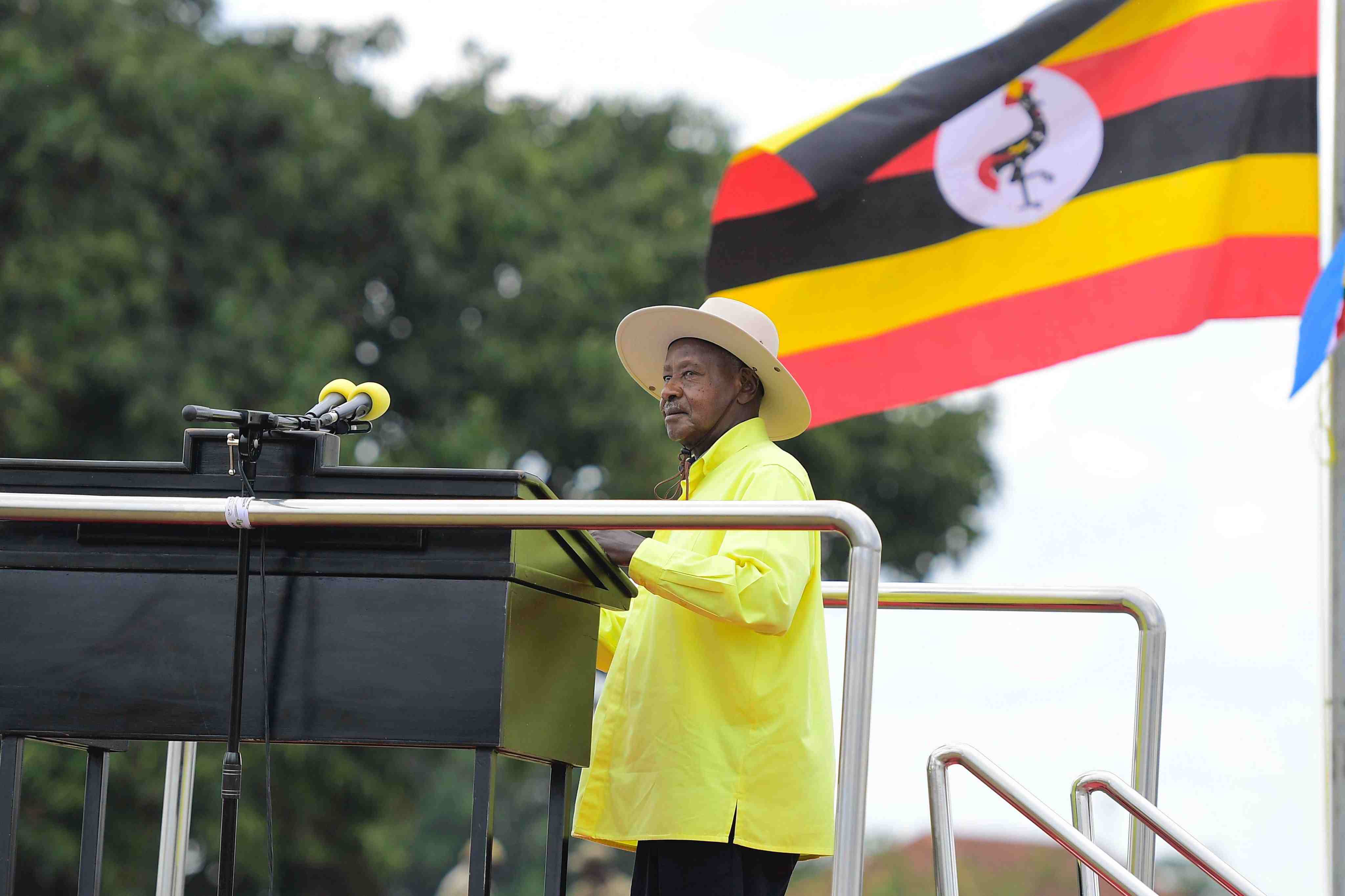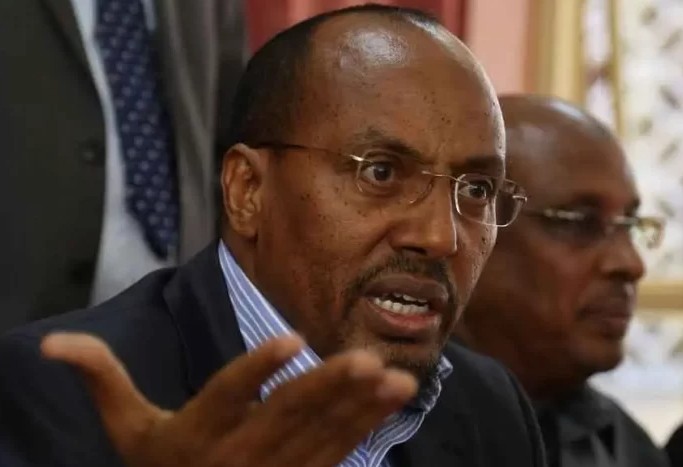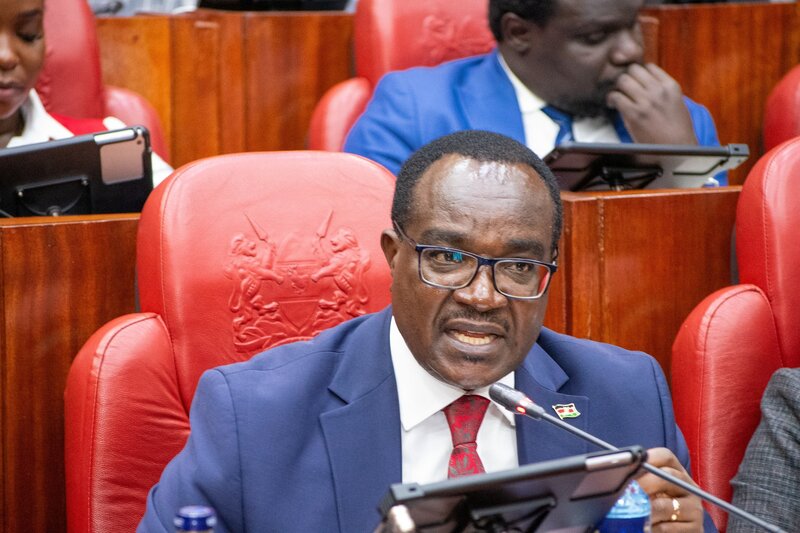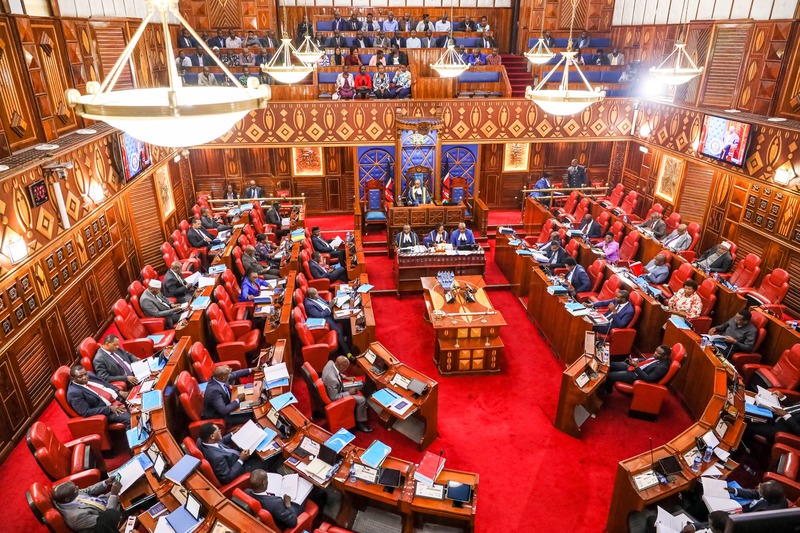Kenya Water Institute targets governance gaps in Turkana’s fragile water sector
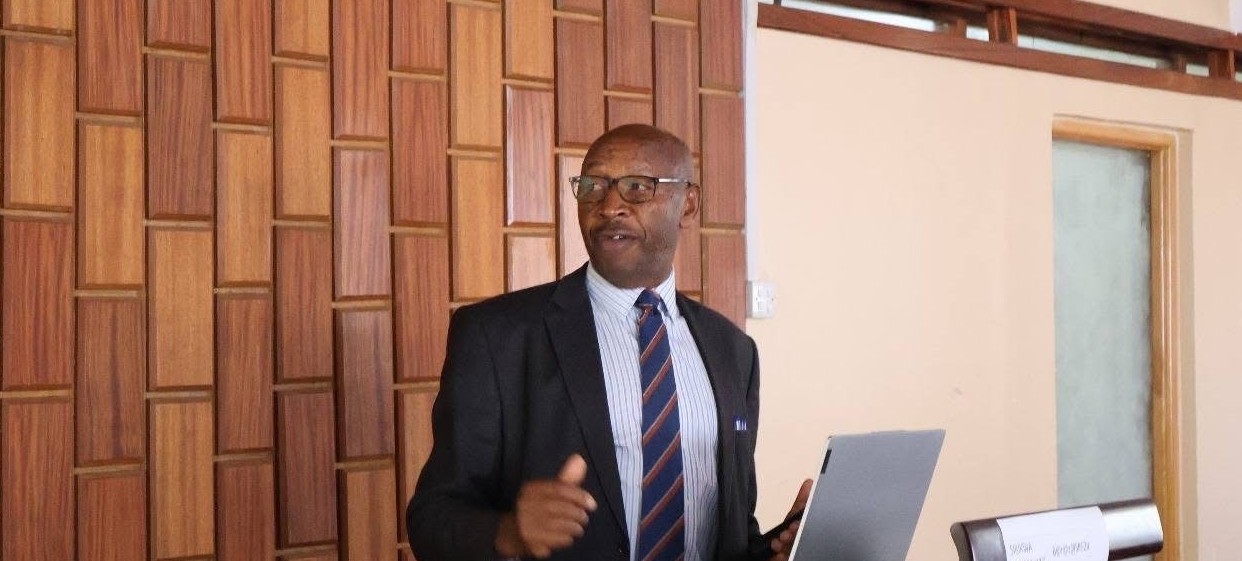
The Kenya Water Institute and JICA are training Turkana’s utility leaders to strengthen governance, boost revenue, and deliver clean, reliable water in one of Kenya’s driest counties.
The Kenya Water Institute (KEWI) has urged stronger governance, transparency, and accountability within Turkana’s water utilities, as the county grapples with maintaining water supply systems that generate minimal revenue despite rising demand.
Speaking at the opening of a five-day workshop in Lodwar, KEWI Director and CEO Leiro Letangule said the institute is partnering with county governments to strengthen institutional capacity and resilience in Kenya’s most water-stressed regions.
More To Read
“We must strengthen governance through enhanced responsibility, accountability, fairness, and transparency,” Letangule said. “Newly established water utilities are transitioning from humanitarian-run systems to government-managed structures. It is crucial to build their capacity to effectively provide these critical services.”
According to KEWI, this transition aligns with the Shirika Plan—“a multi-year initiative aimed at promoting the socio-economic inclusion of refugees in Kenya by transforming camps into integrated settlements for both refugees and asylum seekers,” as defined by the Department of Refugee Services. The plan is currently being implemented in refugee-hosting counties such as Turkana and Garissa.
The workshop, themed “Governance and Strategic Management for Sustainability of Water Utilities,” is jointly organised by the County Department of Water Services and the Japan International Cooperation Agency (JICA), and facilitated by KEWI.
It brings together board members and senior managers from Kakuma, Kalobeyei, Letea and Lopur Water and Sanitation Company (KALWASCO), Turkana Urban Water and Sewerage Company (TUWASCO), and Turkana Rural Water and Sanitation Company (TURWASCO). These utilities are transitioning to county management after years of humanitarian support.
Letangule noted that Turkana’s emerging utilities face major challenges generating revenue to sustain operations amid widespread poverty and persistent water scarcity.
Turkana County, among Kenya’s driest regions, continues to struggle with limited water resources and the high cost of maintaining its scattered infrastructure. Despite investments in boreholes and small piped systems, revenue collection remains low, making it difficult to maintain equipment or expand coverage.
KEWI’s ongoing capacity-building initiative, supported by development partners, aims to equip Turkana’s water service providers with the governance tools and technical expertise needed for long-term sustainability.
“Good governance is not a luxury—it’s a necessity if we want every household in Turkana to have access to clean, affordable water,” Letangule emphasised.
County Executive for Finance and Economic Planning Roseline Aite said the training marks a key step in professionalising water service delivery in the county.
“We must ensure our water utilities have the capacity, leadership, and systems to deliver water efficiently and equitably, even in the most challenging environments,” she said. “Governance should not be a slogan — it must be part of our daily practice.”
She added that the initiative complements ongoing programmes under the Kalobeyei Integrated Socio-Economic Development Plan (KISEDP), which promotes integrated services for refugees and host communities.
Dr Atsushi Hanatani, JICA’s Nexus Advisor to the Department of Refugee Services, said the agency’s support focuses on inclusive access and sustainability.
“Water is life, and supporting host communities is indispensable to promoting refugee inclusion,” Hanatani noted. “JICA and KEWI have jointly developed a training curriculum to strengthen water governance and management capacity.”
Godfrey Ikone Akolong, Director of WASH Services under KISEDP, highlighted that population growth, climate change, and limited resources are increasing pressure on existing systems.
“These pressures demand a new level of professionalism and accountability in how we manage and govern our utilities,” he said.
KALWASCO Acting Managing Director Fridah Nyanga Lomuria said the training will help improve operations and resource mobilisation.
“This is an opportunity to strengthen our ability to deliver services, manage staff, and monitor performance effectively,” she said.
This session is the fourth in a series of nine workshops under KEWI’s tailored curriculum aimed at building technical and governance capacity in Turkana’s water utilities.
The long-term goal, Letangule said, is to ensure that every Kenyan — including those in the most arid regions — can access clean, affordable, and sustainable water.
Top Stories Today
